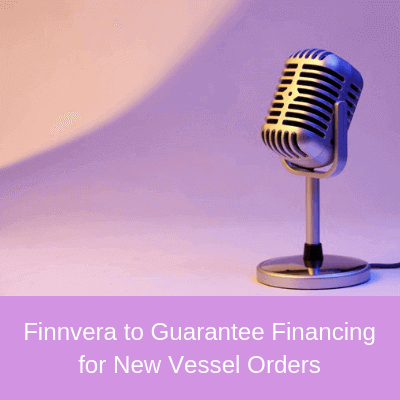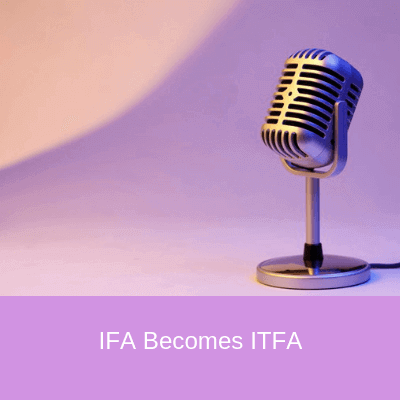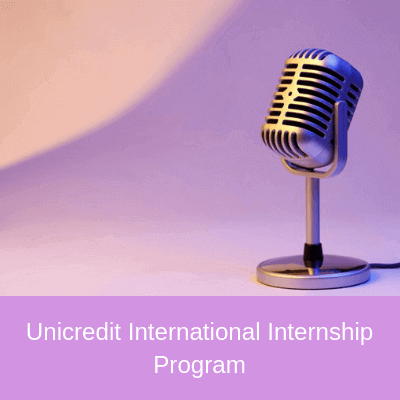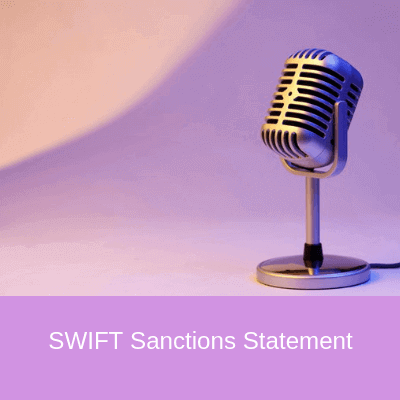Published in September 2014 – Shipowner companies usually make advance payments to the shipyards when giving a new vessel order. These advance payments could reach up to 80% of the project amount.
In order to cover non-delivery risks, shipowners demand advance payment bank guarantee from the shipyards against the upfront payment that they have made.
Finnvera to guarantee financing for new vessel orders placed at Meyer Turku Oy.
Finnvera will take part in the pre-delivery financing of the cruise ships ordered by TUI Cruises GmbH from the Turku shipyard.
The ships will be delivered in 2015-2017. Finnvera will guarantee between 50 and 80 per cent of the pre-delivery financing granted to the shipyard. With the new orders, Finnvera’s maximum exposure for Meyer Turku Oy will reach about EUR 300 million.
Finnvera will also guarantee 95 per cent of the post-delivery buyer credits of the ships ordered by TUI Cruises GmbH.
The credit period is 12 years. With the two new ships and the two ships ordered already earlier, Finnvera’s exposure for TUI Cruises GmbH will reach a maximum of about EUR 1.3 billion. Finnvera’s subsidiary Finnish Export Credit Ltd will provide the financing for the buyer credits arranged by commercial banks.
Further information:
Topi Vesteri, Executive Vice President, tel. +358 400 702 002
Pauli Heikkilä, CEO, tel. +358 29 460 2400
About Finnvera:
Finnvera provides financing for the start, growth and internationalization of enterprises and guarantees against risks arising from exports.
Finnvera strengthens the operating potential and competitiveness of Finnish enterprises by offering loans, domestic guarantees, venture capital investments, export credit guarantees and other services associated with the financing of exports.
The risks included in financing are shared between Finnvera and other providers of financing.
Finnvera is a specialized financing company owned by the State of Finland and it is the official Export Credit Agency (ECA) of Finland.
Finnvera gives guarantees against political or commercial risks associated with the financing of exports.
Political risks are risks that arise from the economic or political situation in a country where a Finnish export company has customers. Commercial risks pertain either to the buyer or to the buyer’s bank.
Finnvera’s operations are steered by the industrial and ownership policy goals laid down by the State.
Among these goals are: increasing the number of starting enterprises; enabling financing for changes encountered by SMEs; and promotion of enterprise growth, internationalization and exports.
In its operations, Finnvera is expected to adhere to the principle of economic self-sustainability.









